Importance of Marine Radio Communications
In the expansive world of commercial maritime operations, effective communication is the linchpin for safety and operational efficiency. Marine radio systems stand as the backbone, connecting vessels, ensuring coordination, and providing a lifeline in emergencies. This guide unravels the complexities of marine radio frequencies and channels, offering invaluable insights for commercial operators navigating the seas.
Understanding Radio Frequencies: VHF, UHF, HF Differences
Very High Frequency (VHF)
VHF marine radios, operating between 156 and 174 MHz, excel in short-range communication. Perfect for ship-to-ship and ship-to-shore interactions, VHF frequencies provide clear and reliable communication within line-of-sight distances.
Ultra High Frequency (UHF)
UHF marine radios, spanning 400 to 512 MHz, offer a shorter wavelength, making them ideal for confined spaces or areas with obstacles. While their range is limited compared to VHF, UHF frequencies are valuable in specific maritime scenarios.
High Frequency (HF)
Covering a broader range from 3 to 30 MHz, HF marine radios are known for long-range communication capabilities. Despite their extensive reach, HF radios are less prevalent in commercial use due to the prevalence of VHF and UHF systems.
Marine Radio Channels: Purpose and Usage Explained
Navigating the ocean of radio channels requires a comprehensive understanding of their purpose and usage.
VHF Channel 16 – International Hailing and Distress
Known as the universal calling channel, VHF Channel 16 is dedicated to distress calls and international hailing. Essential for emergencies, it ensures a standardized platform for seeking assistance.
VHF Channel 9 – Boater Calling
Designated for non-commercial vessels, Channel 9 is a key frequency for boater calling, facilitating general communication and coordination among recreational and small-scale maritime users.
VHF Channel 13 – Bridge-to-Bridge
Primarily used for communication between vessels approaching bridges, locks, and narrow channels, Channel 13 aids in coordinating safe passage and avoiding collisions.
Commercial Use Regulations: Licensing Requirements and Restrictions
Licensing Requirements
In Singapore and many maritime jurisdictions, commercial operators must obtain the necessary licenses to operate marine radios legally. Compliance ensures that operators are trained and aware of proper radio usage.
Frequency and Channel Restrictions
Regulations impose restrictions on specific frequencies and channels to prevent interference. Familiarize yourself with these restrictions to maintain clear communication and avoid unintended violations.
Emergency Procedures: Distress Calls and Safety Protocols
Distress Calls
In emergencies, clear communication is paramount. Familiarize yourself with the proper distress call protocols, including the use of Digital Selective Calling (DSC), to swiftly and effectively communicate distress situations.
Safety Protocols
Understanding safety protocols, such as the “Mayday” and “Pan-Pan” calls, enhances emergency communication. Proper execution ensures that distress situations are communicated effectively, enabling a swift response from nearby vessels or rescue services.
Communication Best Practices: Etiquette and Effective Communication Tips
Etiquette
Maintaining communication etiquette is crucial for efficient and courteous interactions. Adhere to established procedures, avoid unnecessary transmissions, and use appropriate channels to foster a harmonious radio environment.
Effective Communication Tips
Enhance communication effectiveness with clear and concise language, especially in critical situations. Regular radio checks and monitoring designated working channels promote efficient communication among vessels in close proximity.
Key Takeaways for Commercial Marine Operators
As commercial marine operators sail into the future, equipped with handheld VHF marine radios and advanced communication technology, understanding marine radio frequencies and channels is non-negotiable. Whether you are exploring handheld radios for sale or seeking digital mobile radio solutions, www.tecomart.co provides a range of equipment to meet your communication needs. Arm yourself with knowledge, adhere to regulations, and embrace best practices to navigate the seas with confidence and precision.

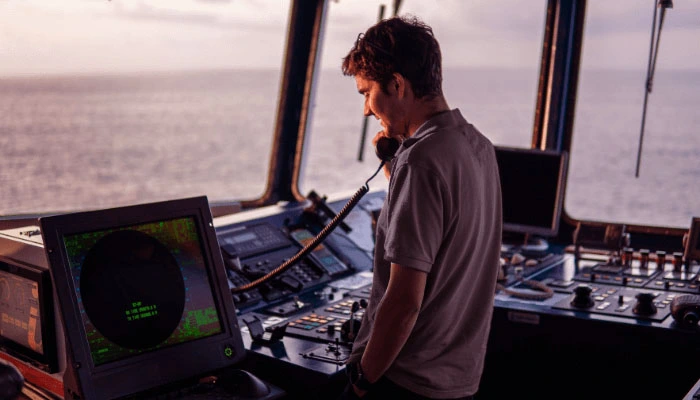
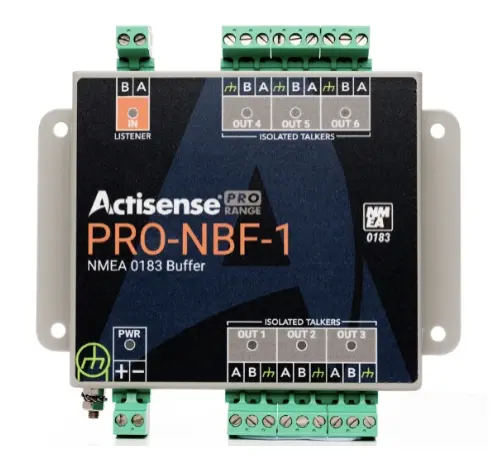
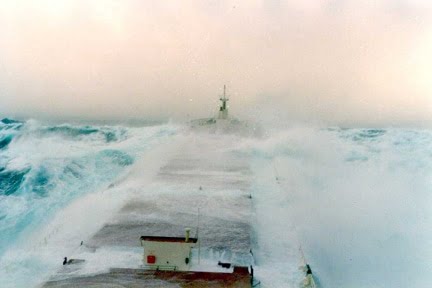
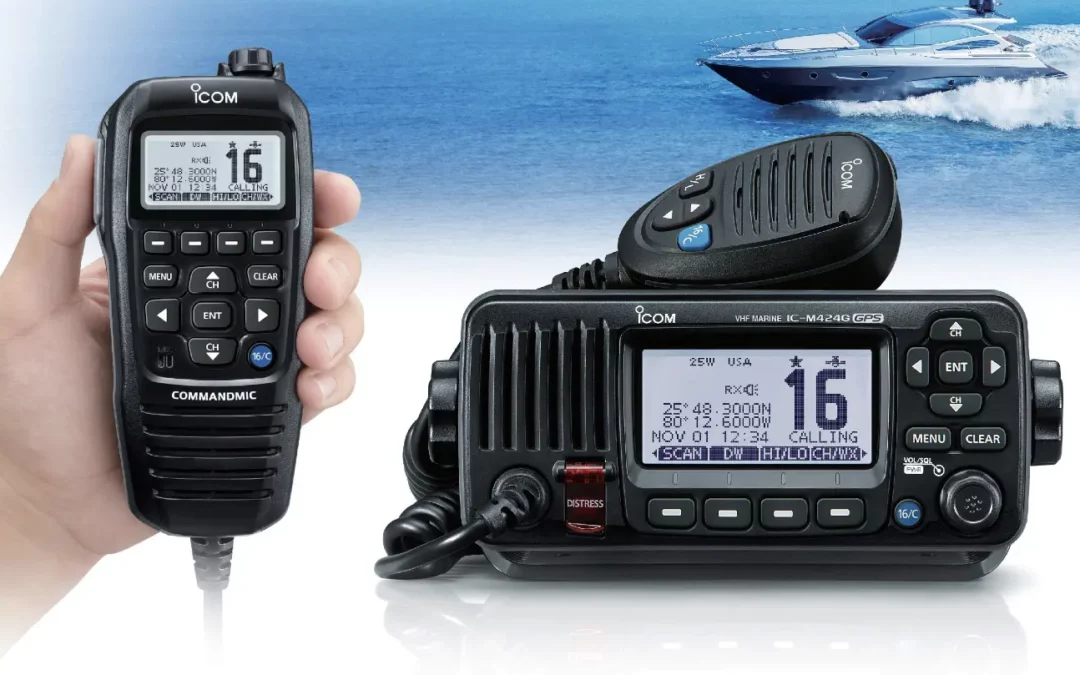

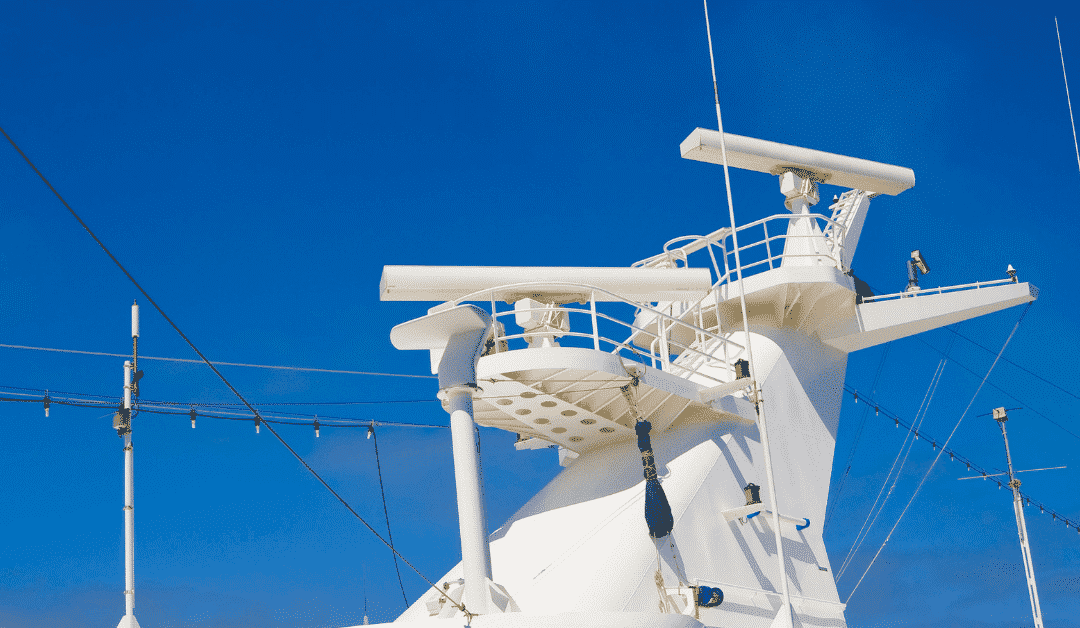
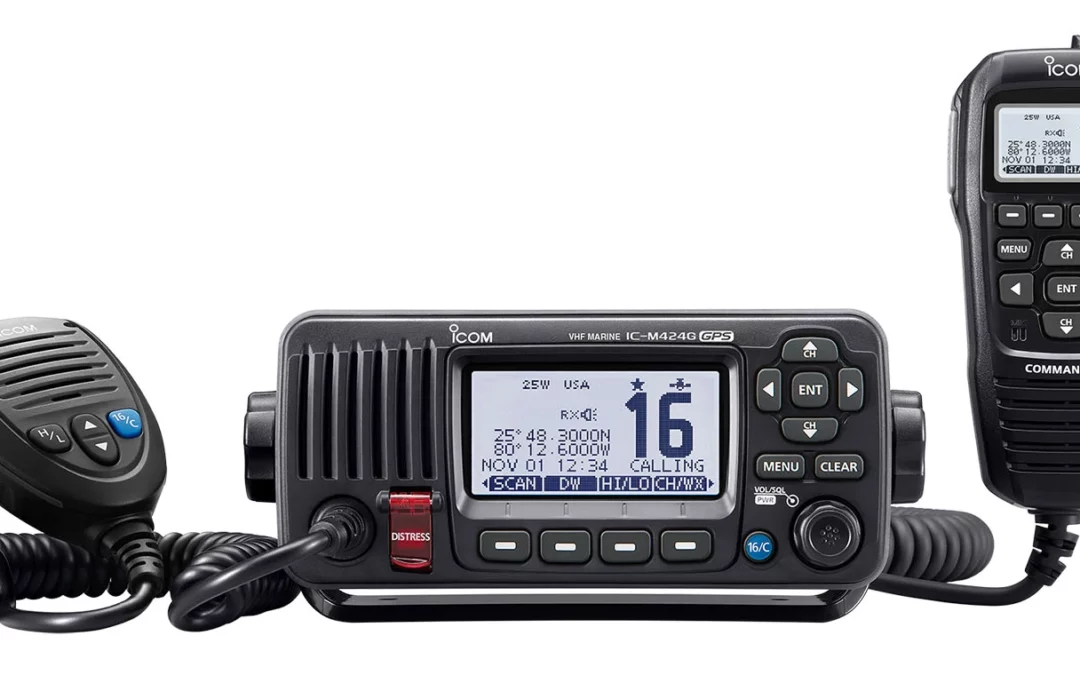
0 Comments